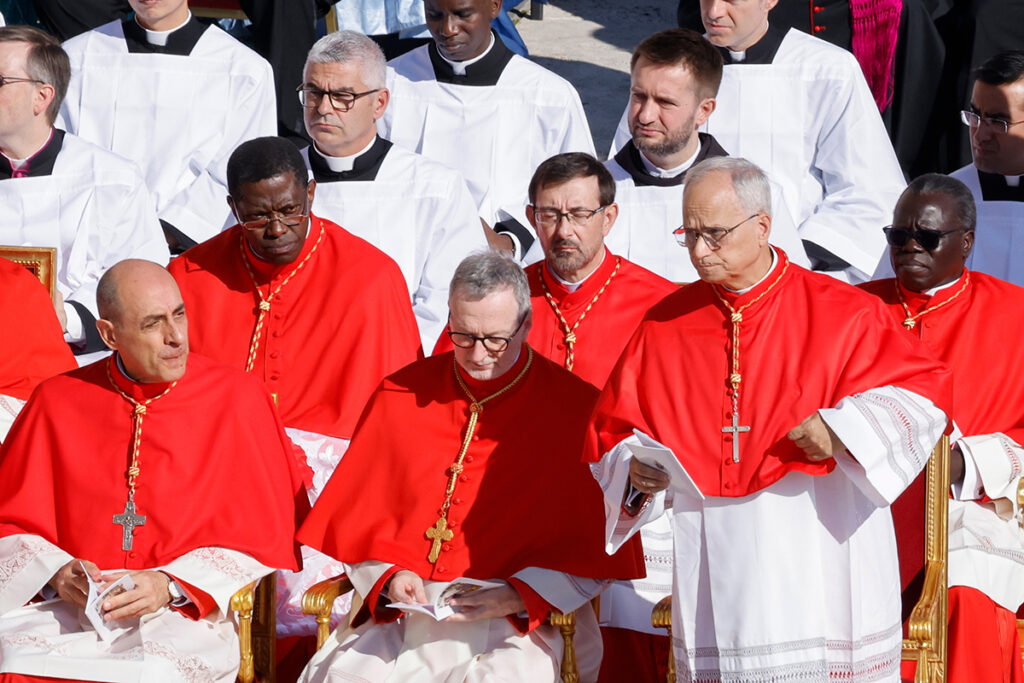An American Pope with Latin American Roots
For the first time in history, an American has been elected as pope. Robert Francis Prevost, now known as Pope Leo XIV, brings a unique blend of cultural and spiritual experience to the role. Although born in Chicago to a Spanish and Franco-Italian family, his deep connection to Latin America — particularly Peru — has shaped much of his mission. With dual nationality, he is considered as much a Latin American figure as he is North American.
His journey within the Church began early, serving as an altar boy before being ordained as a priest. Not long after, he moved to Peru, where he immersed himself in pastoral work with marginalized communities. His contributions ranged from parish duties to teaching at a seminary in Trujillo, a city in northwestern Peru. He became a beloved figure among local communities for his hands-on approach and commitment to social justice.
Pope Leo XIV’s leadership style reflects a lifetime of work across two continents, balancing tradition with grassroots engagement. His election not only marks a geographic milestone for the papacy but also signals a possible continuation of broader inclusion within the Church.
Trusted Advisor and Church Reformer
Prior to becoming pope, Leo XIV held significant positions that made him well known among cardinals and Vatican officials. As Bishop of Chiclayo and later as Archbishop, he demonstrated a strong sense of leadership. His most prominent role was serving as prefect of the Dicastery for Bishops in Latin America, where he was responsible for selecting and supervising bishops across the region.
He was also elevated to cardinal shortly after becoming archbishop, further confirming the trust placed in him by the Church hierarchy. His appointment to key roles reflected not just ecclesiastical knowledge, but also his understanding of complex social and cultural dynamics in Latin America.
While navigating delicate matters like the Church’s handling of abuse scandals, Leo XIV’s name remained untied to any direct cover-up allegations. His diocese has firmly denied involvement, and he continues to maintain a reputation of transparency and fairness.
His selection of the name “Leo” is widely interpreted as a nod to past pontiffs who focused on justice and reform. The legacy of the name is associated with social causes, signaling that Pope Leo XIV may pursue similar priorities during his papacy.
A Progressive Voice with Firm Values
Many within the Church are closely watching to see how Leo XIV will shape the future. So far, his actions and views suggest that he may continue several of the reforms initiated by his predecessor. He has expressed consistent support for social justice, the protection of migrants, and environmental action — values that reflect a growing focus within the global Catholic community.
His support for climate action has already translated into changes within Vatican operations. Under his influence, initiatives like solar panel installations and the adoption of electric vehicles have been introduced, reinforcing the Church’s commitment to sustainability.
On the topic of same-sex couples and others in non-traditional situations, Leo XIV has shown openness in line with modern interpretations of pastoral care. While maintaining a balance with local cultural norms, he has endorsed the possibility of blessings and inclusive outreach — an important signal for those advocating for a more accepting Church.
He has also been a strong advocate for the inclusion of women in decision-making processes. Notably, he supported allowing women to join the Dicastery for Bishops, recognizing their contributions as vital to the Church’s discernment and leadership.
Global Relevance and the Road Ahead
While his views on some issues remain closely watched, Leo XIV’s experience and character paint the picture of a grounded, compassionate leader. Known for his outgoing personality and deep concern for the poor, he represents a papacy that may lean into community building rather than institutional formality.
His background as the child of immigrants and his work across borders suggest he may approach global challenges with empathy and a wide perspective. Even in moments of controversy — such as unverified social media activity that appeared to criticize certain U.S. government policies — he has shown a willingness to stand for human dignity and compassion.
As the world looks ahead, Pope Leo XIV’s leadership may become a bridge between continents, ideologies, and generations. With deep roots in both American and Latin American traditions, and a firm grounding in faith-driven action, his papacy could mark a new chapter for the Catholic Church — one that honors its past while embracing a more inclusive future.


